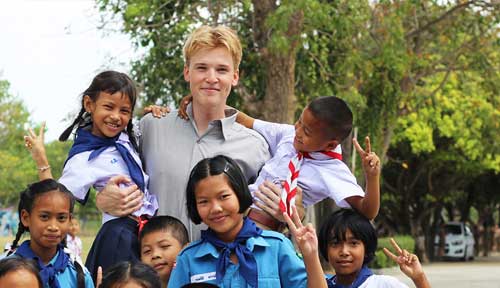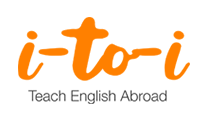
TEFL Jobs in South Korea
South Korea has it all: state-of-the-art technology, enchanting traditional palaces, incredible street food and striking snow-topped mountains.
10 years ago, you might not have even considered South Korea as a TEFL destination but in recent years, its popularity has grown enormously – and for good reason.
Living in this extraordinary country, you’ll get a veritable feast for the senses; breath-taking scenery as far as the eye can see, super-modern cityscapes intertwined with high-speed trains and delectable cuisine that you’ll love as soon as you try. But not only this, it’s got a growing demand for teachers, with great salaries on offer and some great programmes to apply for work through, so what are you waiting for?


Want to learn more?
For more info on getting started with TEFL, simply pop your details in below and we’ll get in touch very soon!
Already qualified?
Head to our sister company, LoveTEFL, and check out their brand new TEFL jobs board
Jobs board »Not yet qualified?
No problem! Check out our world-leading, Ofqual-regulated TEFL Courses & Diplomas!
TEFL Courses »TEFL jobs in South Korea: Key points
Average salary
£1,400-£1,500+ per month
Education needed
Bachelor’s degree
Hiring process
Average complexity
Cost of living
High
TEFL certificate needed
120 hours +
Main job types
Public and private schools
Not ready for a full-time TEFL job? Download our free TEFL Internships guide
Fast facts about South Korea
Language
Korean
Population
52 million
TEFL teachers demand
Medium
Currency
South Korean won
Capital
Seoul
Our South Korea TEFL rating
4/5 stars





